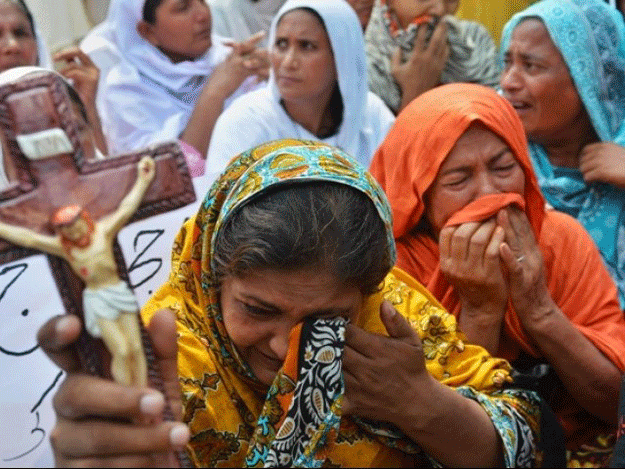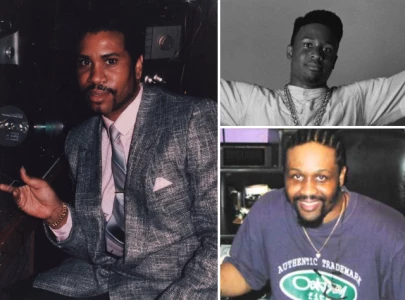
Karachi’s political and social landscape underwent a paradigm shift in 1971, observed historian Dr Ali Usman Qasmi during the Karachi Conference on Wednesday.
Dr Qasmi was moderating a session on the ‘Lesser-Known Communities of Karachi’ along with Prof Aliya Iqbal Naqvi at the conference, organised online this year by the Institute of Business Administration.
Discussing shifting trends in the city in the past 13 to 14 years, Dr Qasmi noted an erosion of the past in national discourse, with the state playing a role in selective forgetting and remembrance. Terming this violent, he remarked that there was ‘amnesia’ at play when changing names of roads and buildings.
He elaborated on how specific communities are targeted in Karachi. “While Sikh buildings are conserved for geo-strategic significance, buildings of Hindu and Aryan communities are given new names,” he noted.
“The state has a problem with history,” remarked the historian. “It is scared of it.”
In a similar vein, Prof Charles Amjad Ali touched upon forgotten services rendered by minorities during Pakistan’s creation. The word ‘minority’ is used here more in a religious context than in an ethnic context, he remarked.
He spoke on the need to go beyond the claustrophobia and cultivate ideas of social justice for a nation like Pakistan, which has a religiously and ethnically diverse population. He emphasised that the country has disowned its minorities and left them dislocated, adding that minority numbers were shrinking.
Selective erasure
Meanwhile, writer Rumana Husain shed light on the Vaghdis - a landless people concentrated majorly in Tharparkar. They are subjected to discrimination by non-Hindus as well as at the hands of the Rajput community, she discussed. Given the caste system, they are the poorest of the poor with no voice nor access to means for improvement, she noted, drawing comparisons with the Hindu Dalits, deemed untouchable.
Discussing her paper titled ‘Parsis: The Builders of Karachi,’ historian Rumina Kermani spoke about the role played by Hindu, Jewish and Zoroastrian communities in Karachi’s history. “Understanding the past is vital for understanding how we got here. We in Pakistan tend to forget that. We don’t teach our children about the past. We don’t teach them about an inclusive Muslim society.”
She spoke about the multiple marginalisations that intersect and noted that the crucial contributions of Hindus, Parsis, and Jews to the city have been forgotten.
Published in The Express Tribune, December 10th, 2020.


















COMMENTS
Comments are moderated and generally will be posted if they are on-topic and not abusive.
For more information, please see our Comments FAQ